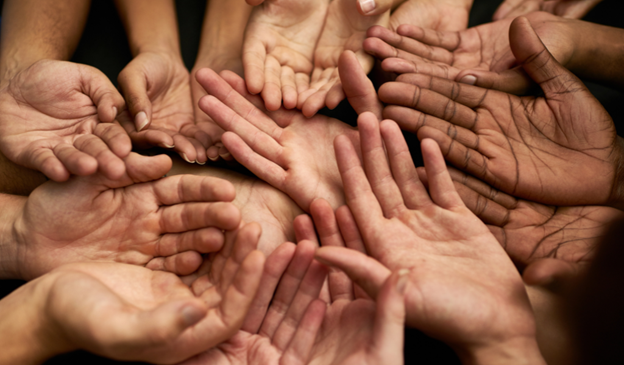Blockchain, cryptocurrency, Web3, and NFTs are still primarily associated with financial speculation instead of the advantages of their underlying technologies.
This is mainly because most projects in the space focus on individual gain, often in the form of financial returns. Many projects focus on creating new cryptocurrencies, trading platforms, or investment opportunities geared toward wealth creation for investors and token holders.
Because the crypto market is known for its volatility and speculation, an increasing number of people enter the space in hopes of making a significant return on their investment. Together, these approaches have led to the perception that blockchain technology and crypto are for those looking to make a quick buck rather than individuals and initiatives attempting to address societal issues through its novel incentivization model.
While there is no denying that the vast majority of projects in the blockchain and crypto space are focused on financial gain, it is essential to acknowledge that there is a growing pocket of the ecosystem that is being used for good and to address societal issues. This includes efforts to promote transparency and accountability in supply chain management, financial inclusion, philanthropy, social good, and civic engagement, among other things.
Breaking the Stereotypes
NFTs are gradually moving beyond their image of “overvalued artwork” towards being used for charitable purposes and social good. Take, for example, the MetaRaft project, which is dedicated to funding a non-profit organization to help with healthcare needs.
MetaRaft utilizes the inherent characteristics of NFTs – verifiable ownership, transparent record-keeping, and tamper-proof data security – to unlock a novel use case to make a positive difference in people’s lives. The project funds the Bill Me Foundation LLC, a non-profit organization that covers medical bills and expenses for people and companies.
Despite being at an early stage, MetaRaft has devised an engaging strategy wherein NFTs are being used as a fundraising tool to help those in need while simultaneously incentivizing users to participate. The platform intends to mint 10,000 NFTs each month, whereby holders have just over a 1 in 4 chance of receiving a share of the monthly sweepstake pool worth $1,000,000 in USDC.
At the same time, the platform intends to donate anything between $150,000 to $400,000 each month to the Bill Me Foundation. These funds will support the non-profit organization’s efforts to assist thousands of families with their medical bills, fund research, and offer financial aid to treatment institutions.
And it isn’t just NFTs that are now moving beyond self-centered goals. Another prime example of blockchain technology being used to improve humanity and society is the emerging crypto fundraising platform Engage Raise.
Developed by Engage Labs, Engage Raise intends to empower citizens and restore civic health in the digital era. The platform was launched in July 2022 and made its highly-anticipated debut just in time to position itself as an essential tool for candidates competing for the 2022 midterms.
Over its brief lifespan, Engage has initiated collaborations with sixteen congressional candidates, facilitating cryptocurrency contributions from the general population. Unlike the typical applications of blockchain and digital currencies, all donations made and received on the platform will be reported to the Federal Election Commission.
Essentially, the platform allows the crypto community to contribute to candidates, campaigns, and organizations. It enables crypto-conscious voters to play an active role in campaign financing and provide the required resources to like-minded candidates who can effectively advocate for the issues they care about.
Other than these, an increasing number of Web3 and metaverse projects are spearheading novel efforts to contribute towards humanitarian and social causes. For instance, Upland, the open Web3 platform for the metaverse mapped to the real world, recently signed a long-term partnership with UNICEF Brazil to develop several social projects, Web3 educational programs, and a Web3 Academy.
Through this one-of-a-kind partnership, Upland aims to meet the growing need for expanded and advanced education and training, leading to increased employment for the Brazilian youth. The Upland-UNICEF Brazil partnership unlocks a world of opportunities for thousands of Brazilian children aged 18 to 24 to learn more about Web3.
Expanding on this partnership, the Upland team hosted a holiday sale for more than three million community members. In this event, community members purchased exclusive UNICEF and holiday-themed digital goods for their existing virtual properties. The proceeds from the sale were directly donated to UNICEF, including dedicated amounts to support and sponsor a wide range of educational programs hosted by UNICEF Brazil.
In essence, projects like MetaRaft, Upland, and Engage Raise are breaking the stereotypes and showing a new way to use technology to generate a positive impact. The possibilities and potential of these technologies are vast, and it is encouraging to see more and more projects utilizing these possibilities for the betterment of humanity and society.
